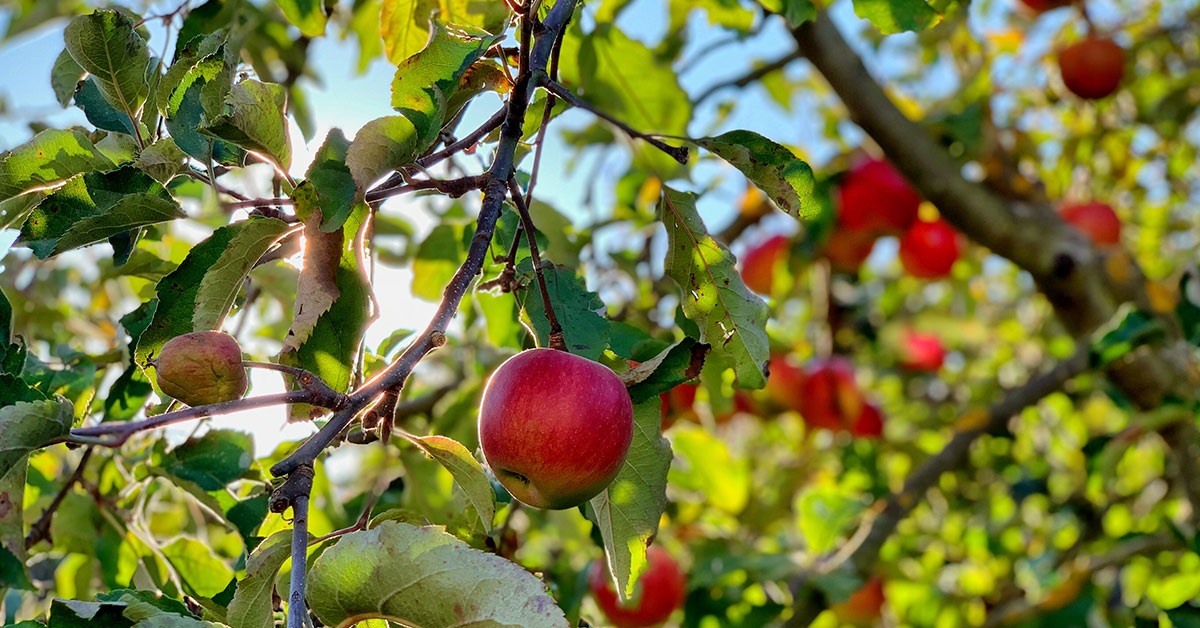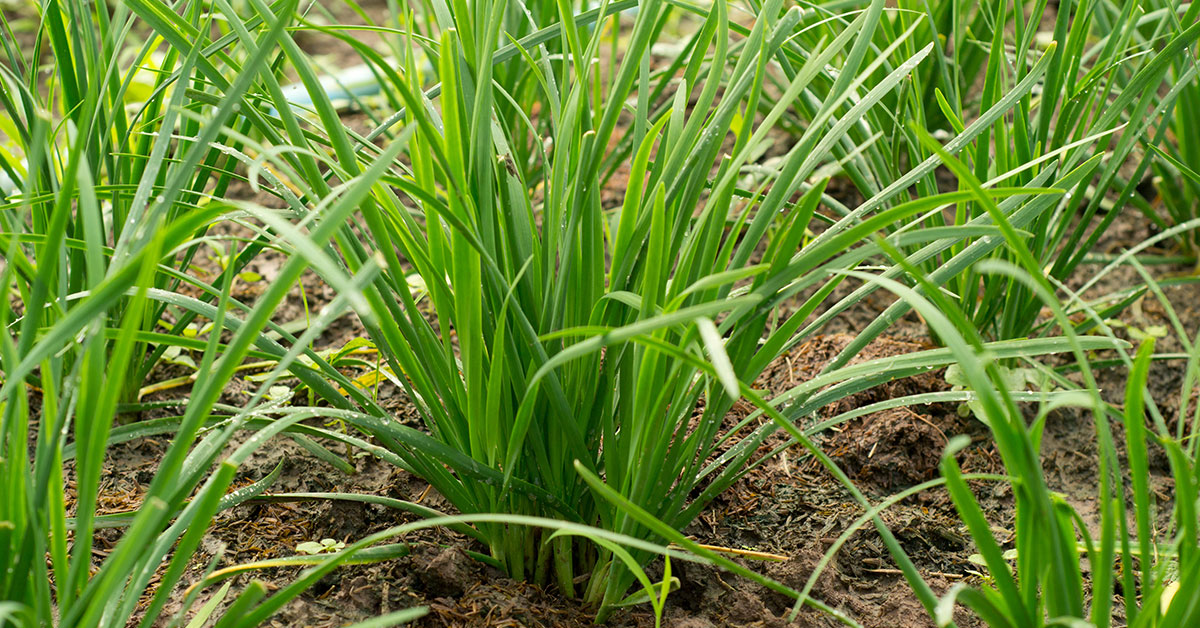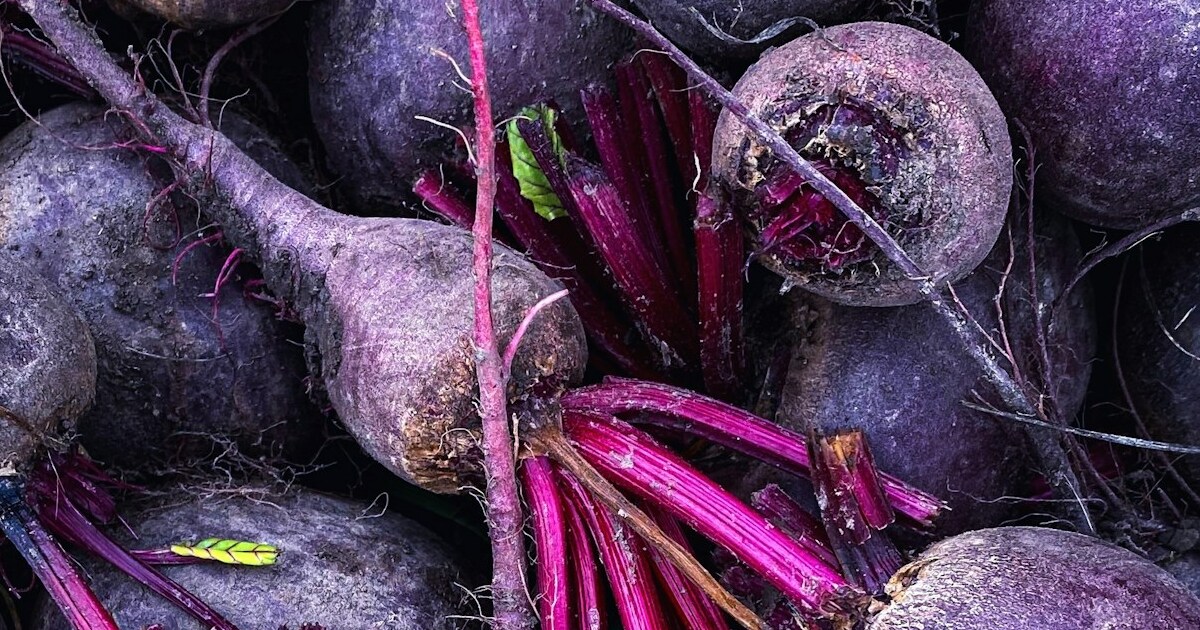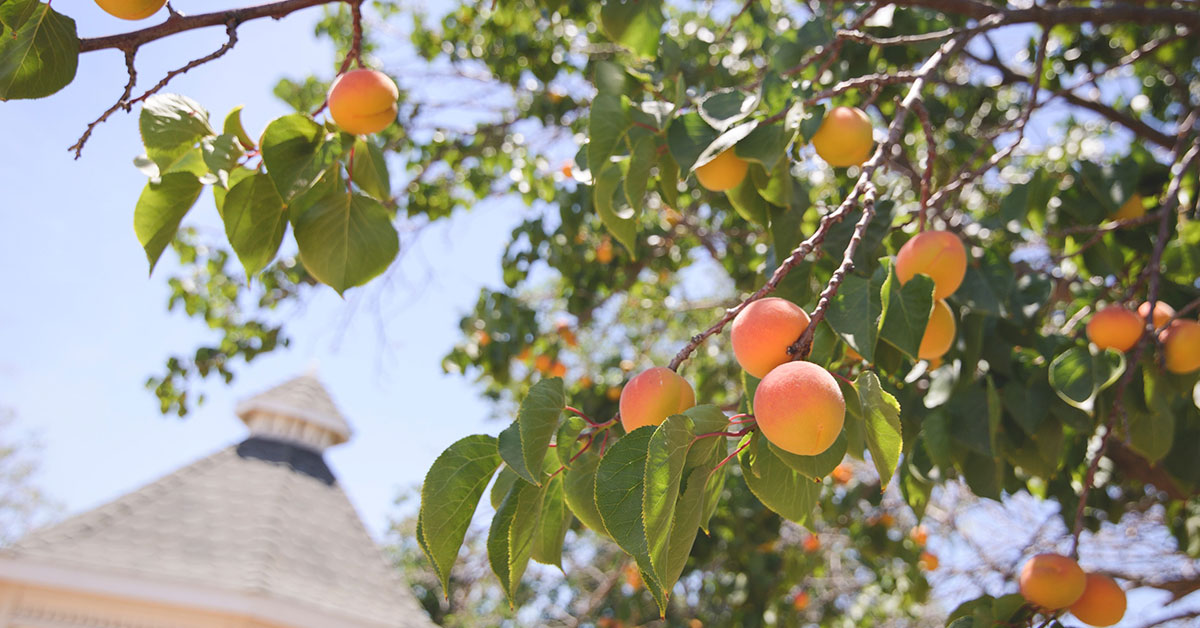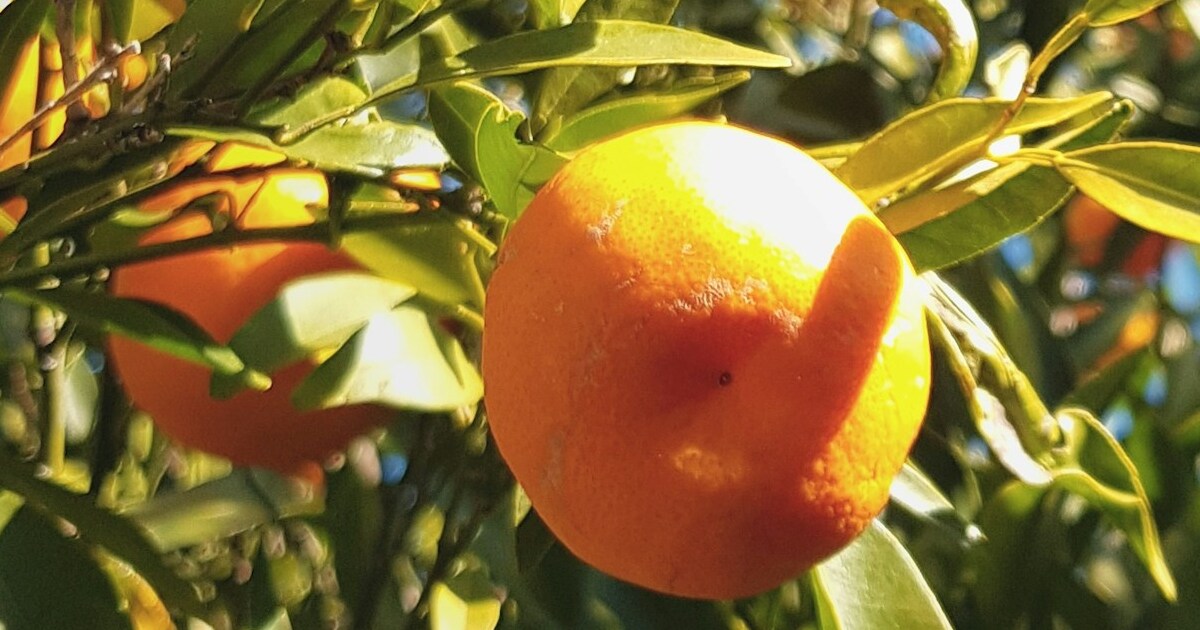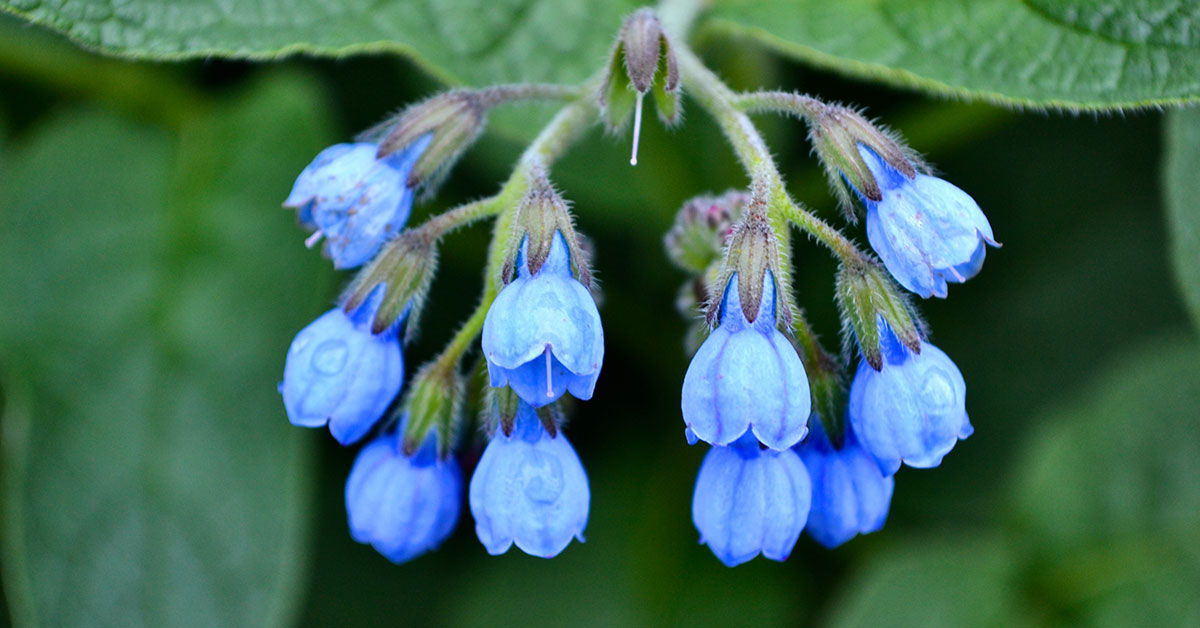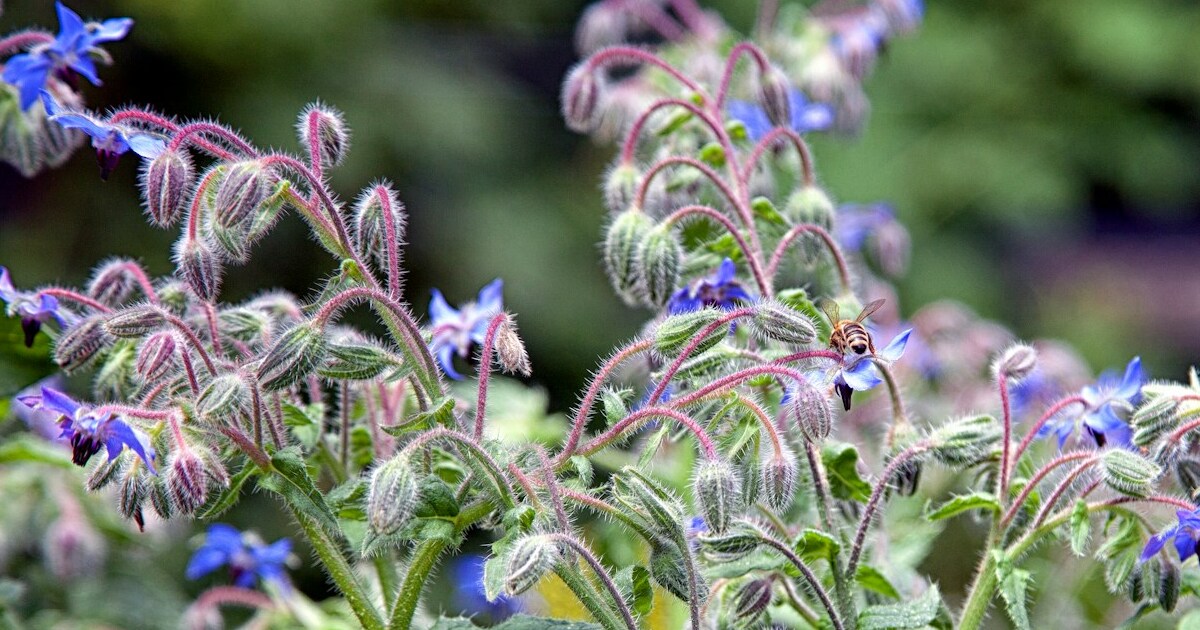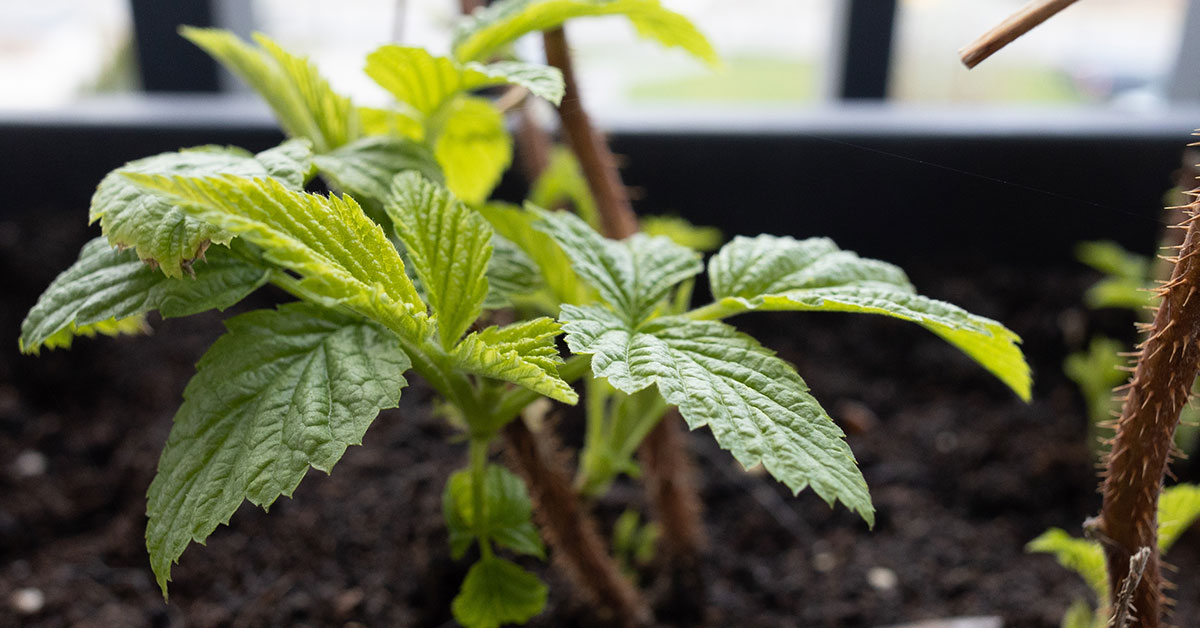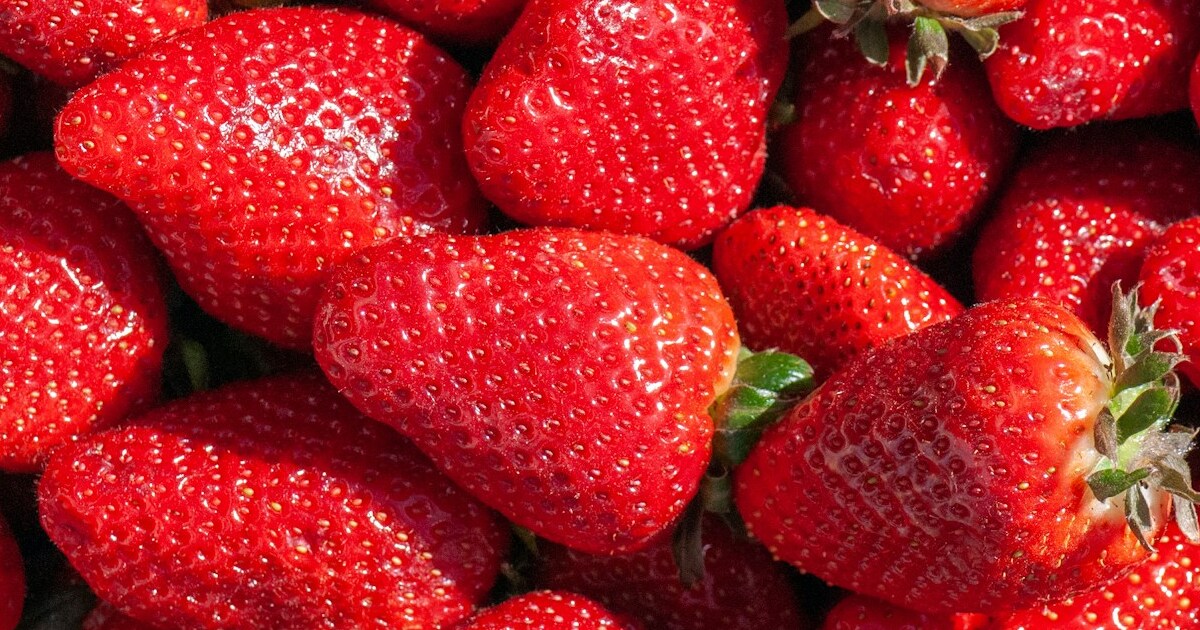Welcome to our comprehensive guide on the best fruit trees to grow in Florida! With its warm climate, ample sunshine, and fertile soil, the Sunshine State offers an ideal environment for cultivating a wide variety of fruit trees. Whether you’re an avid gardener or simply looking to add some delicious and nutritious homegrown fruits to your diet, Florida provides an abundance of options.
In this article, we will explore the top fruit trees that thrive in Florida’s unique conditions, providing you with valuable insights and tips to help you successfully grow and enjoy a bountiful harvest. So, let’s dive in and discover the best fruit trees to grace your Florida garden!
The best fruit trees to grow in Florida
Best Fruit Trees to Grow in Florida Florida’s warm and sunny climate provides an excellent environment for growing a wide variety of fruit trees. Whether you have a spacious backyard or a small urban garden, there are several fruit trees that thrive in the Sunshine State. Here are some of the best fruit trees to grow in Florida:
- Citrus Trees: Florida is renowned for its citrus production, making citrus trees an obvious choice for any Florida gardener. Varieties such as oranges, grapefruits, lemons, and limes flourish in the state’s subtropical climate. Consider planting popular citrus trees like the Valencia orange, Ruby Red grapefruit, Meyer lemon, or Key lime.
- Mango Trees: Florida’s tropical climate is ideal for growing mango trees, which produce deliciously sweet and juicy fruits. With their vibrant colors and rich flavors, mangoes are a favorite among many gardeners. Varieties like the Keitt, Tommy Atkins, and Kent are well-suited for Florida’s climate and offer a range of flavors and textures.
- Avocado Trees: Avocado trees are another excellent choice for Florida gardeners. These trees thrive in the state’s warm temperatures and well-drained soil. Varieties such as the Hass, Choquette, and Simmonds are popular options that produce creamy and nutritious avocados.
- Papaya Trees: For gardeners looking to add a tropical touch to their landscape, papaya trees are a fantastic choice. These fast-growing trees bear sweet and succulent fruits. Varieties like the Red Lady, Tainung, and Maradol are well-suited for Florida’s climate and offer an abundance of delicious papayas.
- Banana Trees: Florida’s humid climate is perfect for growing banana trees. These trees not only provide a tropical ambiance but also produce an abundance of tasty bananas. Varieties such as the Dwarf Cavendish, Grand Nain, and Ice Cream are popular choices that thrive in Florida’s warm and moist conditions.
- Guava Trees: Guava trees are well-suited for Florida’s climate, particularly in the southern parts of the state. These trees produce aromatic fruits with a unique flavor profile. Varieties like the Ruby Supreme, Strawberry, and Tropical White are excellent options for Florida gardeners.
When selecting fruit trees for your Florida garden, it’s important to consider factors such as soil quality, drainage, and sunlight exposure. Additionally, ensure that you choose disease-resistant varieties and provide proper care and maintenance to ensure optimal growth and fruit production. With the right selection and care, you can enjoy a bountiful harvest of delicious fruits from your very own best fruit trees to grow in Florida.
Avoid growing these fruit trees in Florida
When it comes to growing fruit trees in Florida, it is essential to choose the right varieties that are well-suited to the state’s unique climate and conditions. While there are several fruit trees that thrive in Florida, there are also some varieties that should be avoided due to their inability to withstand the state’s hot and humid weather, susceptibility to pests and diseases, or their high water requirements.
Apple trees are not recommended for Florida’s warm climate, as they require a significant amount of chilling hours during winter to produce fruit. Since Florida’s winters are relatively mild, apple trees struggle to meet their chilling requirements, resulting in poor fruit production.
Similarly, cherry trees are not well-suited for Florida’s climate, as they also require a significant number of chilling hours. The lack of consistent cold temperatures in Florida prevents cherry trees from entering their necessary dormant period, leading to limited fruit production.
Apricot trees are another fruit tree variety that should be avoided in Florida. They have a low tolerance for high humidity and are prone to various diseases and pests common in the state. The warm and moist climate of Florida can cause apricot trees to struggle and may result in poor fruit quality.
Lastly, peach trees can be challenging to grow successfully in Florida. While some peach tree varieties can tolerate the state’s climate, they are highly susceptible to fungal diseases, such as peach leaf curl, due to the high humidity levels. Additionally, peach trees require regular pruning and maintenance to control their size, which can be labor-intensive for home gardeners.
To ensure successful fruit tree cultivation in Florida, it is recommended to focus on varieties that are better adapted to the state’s specific conditions.
Fruit tree growing tips for Florida
Tips and Best Practices for Growing Fruit Trees in Florida
Florida’s warm and humid climate provides an excellent environment for growing a wide variety of fruit trees. However, it’s important to choose the best fruit trees that are well-suited to the specific conditions of the state. Here are some tips and best practices to help you successfully grow fruit trees in Florida:
- Choose the Right Fruit Trees: When selecting fruit trees for your Florida garden, opt for varieties that are known to thrive in the state’s climate. Some of the best fruit trees to grow in Florida include citrus trees like oranges, lemons, limes, and grapefruits. Additionally, mangoes, avocados, bananas, and figs are also well-suited to the Florida climate.
- Consider Dwarf or Semi-Dwarf Varieties: Due to limited space in many Florida gardens, consider planting dwarf or semi-dwarf fruit tree varieties. These smaller trees not only require less space but are also easier to manage and harvest. Dwarf fruit trees can be grown in containers, making them a great option for those with limited garden space or for patio gardening.
- Provide Adequate Sunlight: Fruit trees require at least 6-8 hours of direct sunlight daily to thrive and produce abundant fruit. Ensure that your fruit trees are planted in a location where they receive ample sunlight throughout the day. If your garden has shaded areas, consider pruning nearby trees or shrubs to allow more sunlight to reach your fruit trees.
- Choose the Right Soil: Fruit trees generally prefer well-draining soil with a slightly acidic pH level. Before planting, amend the soil with organic matter such as compost or well-rotted manure to improve its fertility and drainage. Conduct a soil test to determine the pH level and make necessary adjustments to ensure optimal growing conditions for your fruit trees.
- Water Regularly: Florida’s hot and humid climate often requires regular watering to keep fruit trees adequately hydrated. However, it’s crucial to strike a balance and avoid overwatering, which can lead to root rot and other diseases. Water deeply and thoroughly, allowing the soil to dry out slightly between watering sessions. Mulching around the base of the tree can help retain moisture and regulate soil temperature.
- Fertilize Properly: Fruit trees in Florida benefit from regular fertilization to promote healthy growth and abundant fruit production. Apply a balanced slow-release fertilizer specifically formulated for fruit trees in early spring and again in late summer. Follow the manufacturer’s instructions for application rates and timing.
- Prune Regularly: Pruning is essential for maintaining the shape, size, and overall health of fruit trees. Regularly remove dead, damaged, or diseased branches to prevent the spread of pests and diseases. Prune during the dormant season to stimulate new growth and improve air circulation within the canopy.
- Pest and Disease Management: Florida’s warm and humid climate can attract various pests and diseases that can affect fruit trees. Regularly inspect your trees for signs of pests such as aphids, scale insects, or citrus leaf miners. Implement integrated pest management strategies, including natural predators, organic insecticides, or horticultural oils, to control pest populations. Additionally, practicing good sanitation, such as removing fallen fruit and debris, can help prevent the spread of diseases.
By following these tips and best practices, you can successfully grow the best fruit trees in Florida and enjoy a bountiful harvest of delicious, homegrown fruit. Happy gardening!


